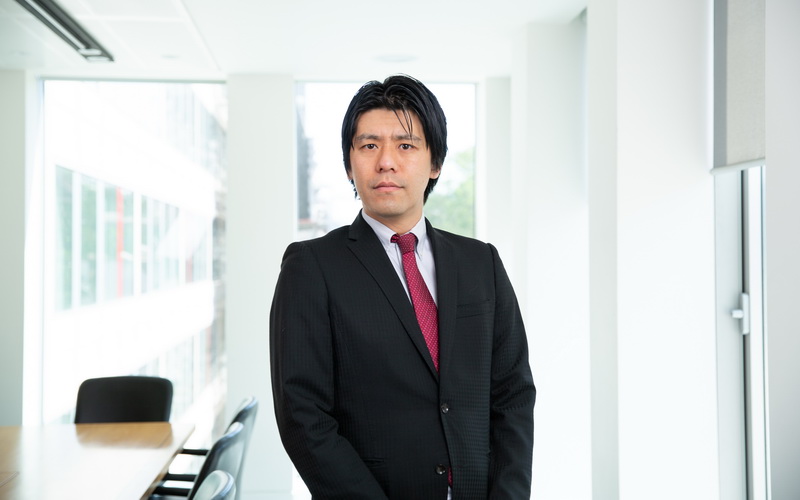The Japanese Government must challenge HMRC’s decision to tax employers’ contributions to Japan’s healthcare system
Japanese businesses with a long history in the UK severely impacted by HMRC’s aggressive position
20 February 2025 | Author: Kohtaro Hirota
The Japanese Government must challenge HMRC’s decision to tax Japanese employers’ contributions to Japan’s universal healthcare contribution system.
Kohtaro Hirota, Senior Manager said:
Three years ago HMRC suddenly started to insist that Japanese employers’ contributions to Japan’s universal healthcare system, Kenko Hoken (Kempo) should be taxable if their employees are seconded to the UK.
The Japanese Government should step in to support Japanese businesses in the UK by challenging HMRC’s decision to tax Kempo contributions. Because like National insurance Contributions (NIC) in the UK, Kempo is a mandatory obligation for employers under the Japanese social security system. It should not be considered a taxable employment related benefit.
Japanese businesses in the UK have already turned to accountancy firms to fight HMRC’s decision, but due to the complexity of UK tax law and HMRC’s slow response time it is costly and time consuming for Japanese businesses. Also, even if individual businesses succeed in their argument for exemption, it is unlikely for HMRC to change their overall position unless governmental intervention kicks in.
A challenge from the Japanese Government on behalf of all Japanese businesses in the UK would have far more impact than individual arguments submitted by multiple accounting firms. It would send a clear message that this change is unwelcome and unfair on Japanese businesses.
Under the Japan-UK Social Security agreement, Japanese assignees working in the UK are exempt from UK National Insurance Contributions (NIC) but continue being subject to the Japanese Social Security system as long as their UK assignment period does not exceed 8 years. Employers continue paying contributions to Kempo during their employees’ UK assignment period.
In most cases, assignees’ taxes are paid by their employer, increasing businesses tax costs when sending their employees to the UK. The cost of this additional tax on healthcare contributions can be very high for larger Japanese companies with a long history in the UK and a large number of expats. Especially if HMRC retrospectively taxes Kempo contributions for previous tax years.
Kohtaro concluded:
Rachel Reeves has set an ambitious growth vision for the UK , and in a post-Brexit age it is ever more important to attract global businesses from countries such as Japan. The move by HMRC could be regarded as an unwelcome message by the international business community, and impair the UK’s competitiveness as an investment destination.
Would you like to know more?
If you would like to discuss any of the above, please speak to your usual Blick Rothenberg contact or Kohtaro using the form below.
Contact Kohtaro

















